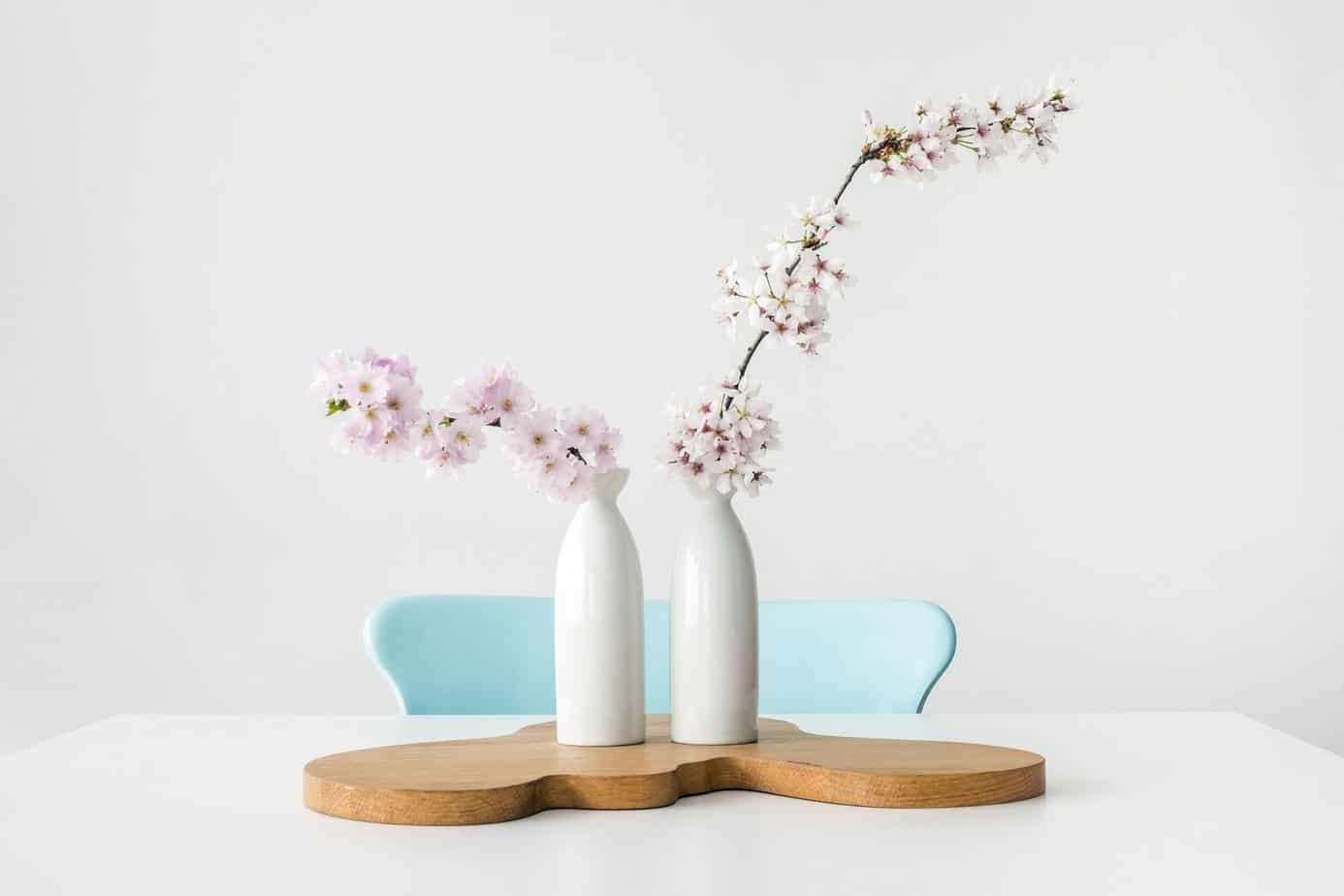Exploring Minimalism
After getting married, my husband and I bought an older Victorian style home from an older lady who was downsizing. She was very creative, and an artist by trade, but she was also a bit of a pack rat. She didn’t have a lot of help when it came to moving out, so we told her whatever she couldn’t take with her, we would handle. We didn’t really know what we were getting ourselves in to.
For us first time home owners, some of the items were useful, like two over stuffed green chairs. But other things, well, not so much. After all, what is a Victorian home without a couple of creepy porcelain dolls?
Being newlyweds, we were both bringing in a lot of our older junk in addition to the knick knacks and furniture left behind by the previous owner. All of this stuff became very overwhelming to me. It was really hard for me to enjoy my new house because of having to deal with not only my own mess, but dealing with the unexpected mess of others.
It was through my struggling with what to do with it all, that I discovered a documentary about minimalism and the impact consumerism is having on the environment, our mental health, and our social communities. The two documentarians drastically simplified their lives. Eliminating things that weren’t necessary and de-cluttering their living spaces seemed to uncomplicated other areas of their lives as well.
In the documentary, there was a phrase used frequently that really stuck out to me:
“get rid of the things that don’t add value to your life so there is room for the things that do.” The sentiments of this phrase can be found within the context of our Christian faith. In the gospel of Luke, chapter 12 says “For where your treasure is, there your heart will be also.“ Colossians 3 reminds us to “set your minds on things above, not on earthly things.“ Verse after verse in the Bible point us to the peace in living simple lives. The kind of life not centered around stuff but one in which we “have learned to be content whatever the circumstances (Philippians 4).
In his book Radical, David Platt writes:
“–crush the ideas of the American Dream and it’s anti-gospel implications. The American Dream started as an ideal about opportunity. That anyone could be successful if they work hard enough. Somehow, we have warped that into a picture of perfection, and of acquiring things we don’t need. Of worrying about having nice picket fences and denying our community of the good news.”
So ask yourself this question: What do I have around me that is cluttering up my life? How could getting rid of these things make room for things of value. Prayerfully consider what “things of value” are to you.
3 Pillar Resources
Gospel Community: Share your items with your church family! Post what you don’t need anymore on the Mars Hill Community Facebook page and give it away- it might be just what someone else could use.
Intentional Discipleship: De-cluttering your home as a family is a great learning exercise to do together. Engage everyone with questions about why they “need” certain things and point your kids to the truth found in Luke 12, Colossians 3, and Philippians 4.
Biblical Teaching: Tricia Butts, Communications Director for Mars Hill, recommends these Christian resources for those trying to de-clutter and simplify their lives.
Clutter Free: What Jesus Says about your Stuff, Kathi Lipp (video, RightNow Media)
De-clutter, Chuck Swindoll (guided reflection page, RightNow Media)



